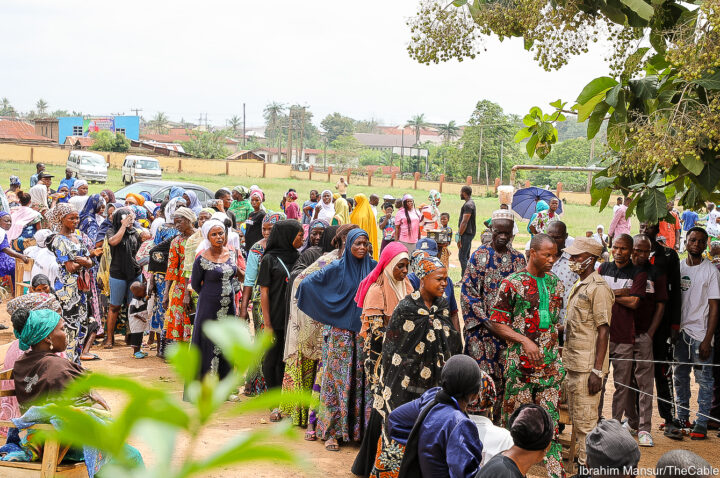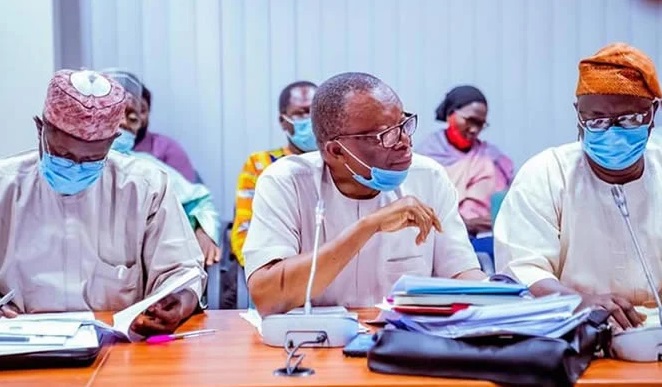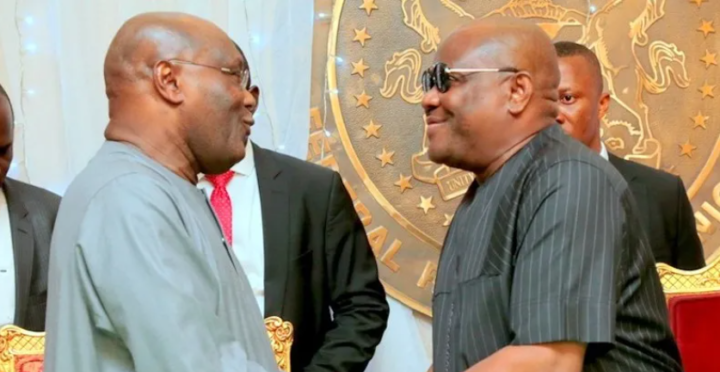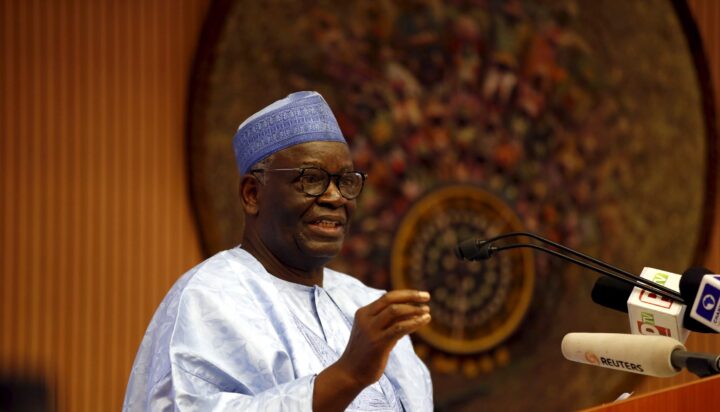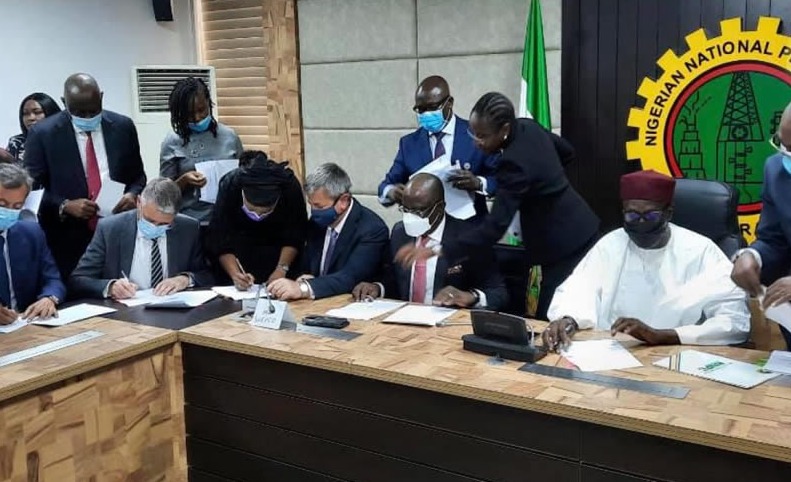In June 2021, the Independent National Electoral Commission (INEC) began the continuous voter registration (CVR) and launched a portal where Nigerians can register by filling in their biodata and required documents, after which they will visit INEC designated centres to complete the process physically.
The commission fixed June 30 as the deadline for the CVR ahead of the 2023 elections.
But a federal high court in Abuja had stopped the commission from ending the exercise, following a suit filed against the electoral umpire by Socio-Economic Rights and Accountability Project (SERAP) and 185 persons.
The commission then extended the voter registration till July 31. It ended the exercise on this date which is 13 months after the exercise began.
Advertisement
According to data released by INEC following the suspension of the CVR, the number of persons who completed their registration is 12,298,944.
The data also shows that 10,487,972 Nigerians carried out their pre-registration online but out of this number, only 3,444,378 Nigerians, representing 32.8 percent, completed the process at a physical centre.
WHAT DOES THIS MEAN?
Advertisement
When INEC launched the CVR, it stipulated that going to a physical centre where biometric capturing would be done was a prerequisite to completing the voter registration process and being able to collect a voters card.
Since only 3.4 million completed the process, this means 7,043,594 persons representing over 67 percent of those who began their registration process online, are not eligible to receive voter cards before the 2023 general election.
WHY DID MANY NIGERIANS FAIL TO COMPLETE THE PROCESS?
Following the suspension of the CVR, some Nigerians blamed their inability to complete the registration on the insufficient number of registration centres and machines for capturing. There were also allegations that INEC officials demand bribes from applicants at registration centres.
Advertisement
But Festus Okoye, INEC commissioner for information and voter education, told TheCable that the excuses are not valid.
“The commission started the online registration on the 28th day of June 2021 and the physical registration in July 2021. Registration took place in the state offices of the commission and in the 774 local government offices of the commission. The registration took place in the 8,809 electoral wards of the country on a rotational basis. This registration went on for over a year. Sometimes our registration officers in a particular Local Government register less than 10 persons a day,” he said.
“The challenge of surge is the last minute rush to do things by some of our people, which have been elevated to a norm. Our registration officers made sacrifices to register persons. The Commission extended the period of registration from 9am to 5pm and added Saturdays and Sundays. The Commission also extended the registration from July 1, to July 31, 2022.”
The commissioner added that in all the places where people made allegations, investigations were made and officials found to be guilty were sanctioned. TheCable had in June reported that some INEC officials who demanded payment from prospective voters at registration centres in Benue state.
Advertisement
PRE-REGISTRATION BY PERSONS IN DIASPORA
Okoye said a substantial number of the over 7 million persons that began their registration online and could not complete it are in the diaspora, noting that they started the online pre-registration but could not return to Nigeria to carry out their biometric capture.
Advertisement
“After the first and second quarter clean-up exercise conducted by the commission, over 1.8 million of those that did not complete their registration were persons in diaspora. The electoral act makes it mandatory that each applicant for registration must appear in person before a registration officer in the centres established by the commission,” he said.
‘EACH VISIT TO THE PORTAL WAS RECORDED’
Advertisement
Giving further reasons for the high number of incomplete registrations, Okoye said some persons started their registration, abandoned it and proceeded to do physical registration.
He added that “some persons visited the online portal severally and each time they visit, it is recorded”.
Advertisement
“At the end of the clean-up exercise, the commission will establish the exact number of those that started their registration and could not complete,” he said.
WHAT HAPPENS NEXT?
The commissioner said this group of people “will not vote”, stressing that “pre-registration is not registration”. He also maintained that the commission would not reverse its decision to end the voter registration exercise.
“They have a responsibility to complete their registration. They must show up to complete their registration. We created the online portal to ease registration and reduce time spent at registration centres. If you register for an exam, you must show up and take the exam,” he said.
“The CVR has been suspended and the commission will resume after the 2023 general election. The decision will not be reversed. The commission must clean up the register, display the register for claims and objections and thereafter print the voters’ cards and make them available for collection.”
Add a comment
